Q&A: Getting excited about supercomputing
We speak with an Intel supercomputing specialist about how HPC can help businesses and where the market is going.

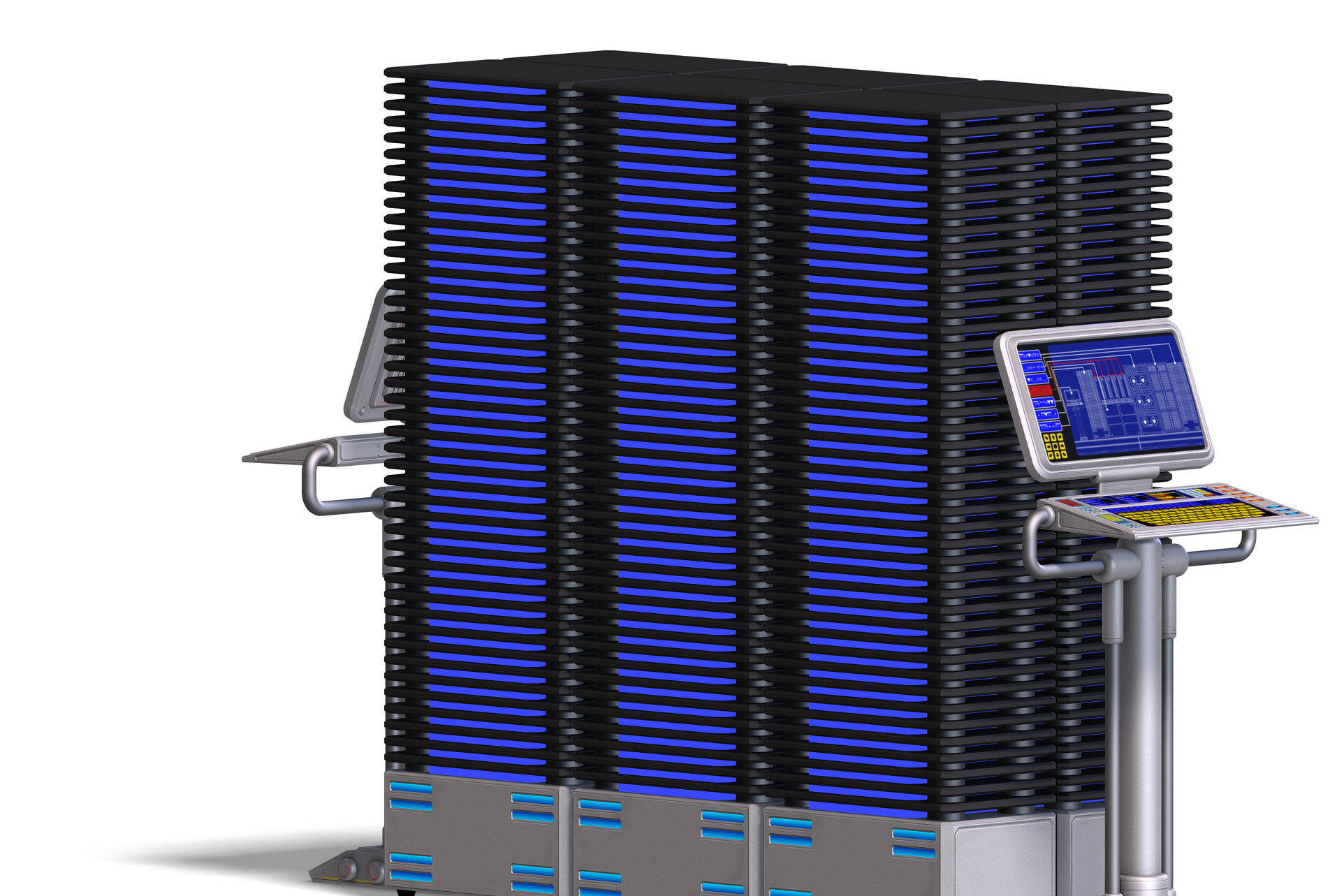
Sign up today and you will receive a free copy of our Future Focus 2025 report - the leading guidance on AI, cybersecurity and other IT challenges as per 700+ senior executives
You are now subscribed
Your newsletter sign-up was successful
There are certain substantial steps you have to make to reach exascale because if you were to just extrapolate today's technology, the power consumption of an exascale machine would be huge, too large to make it practical.
You could put an exascale system together today if you wanted to, you'd just take thousands or 500 of the TOP500 list. If you have a large enough space and enough electrical power, it will probably run.
But you have to fight with resiliency While you already have certain levels of failure rates in petaflop systems today, in exascale systems they will be even higher.
The very underlying thing is energy-efficient transistors, because the foundation element of any compute structure is a transistor.
Also memory technology needs to change. How do you interface from memory into the processing element, because you have to shuffle in and shuffle out data very fast if you want to be practical in an exascale application.
So those metrics are not unknown to us because to reach a petaflop you already had to something there. If you look back in time with our CPUs, we have kept the power envelope roughly the same over a very long period, but the capabilities of those CPUs with a higher number of cores and better cores and better instruction sets... have dramatically improved.
So it's not an unknown that you can improve performance whilst staying the same.
Sign up today and you will receive a free copy of our Future Focus 2025 report - the leading guidance on AI, cybersecurity and other IT challenges as per 700+ senior executives
Have you any predictions on timeframe for when exascale computing will become a real-world possibility?
Well I wouldn't dare to say there are any realistic ones. There are experts who claim to know when it will happen, but I wouldn't claim any year.
It's not ages away but it's not absolutely near term.
Tom Brewster is currently an associate editor at Forbes and an award-winning journalist who covers cyber security, surveillance, and privacy. Starting his career at ITPro as a staff writer and working up to a senior staff writer role, Tom has been covering the tech industry for more than ten years and is considered one of the leading journalists in his specialism.
He is a proud alum of the University of Sheffield where he secured an undergraduate degree in English Literature before undertaking a certification from General Assembly in web development.
-
 Accelerating business modernization
Accelerating business modernizationModernizing your infrastructure with the right servers can accelerate business transformation, enhance security, and future-proof your organization for tomorrow’s challenges
-
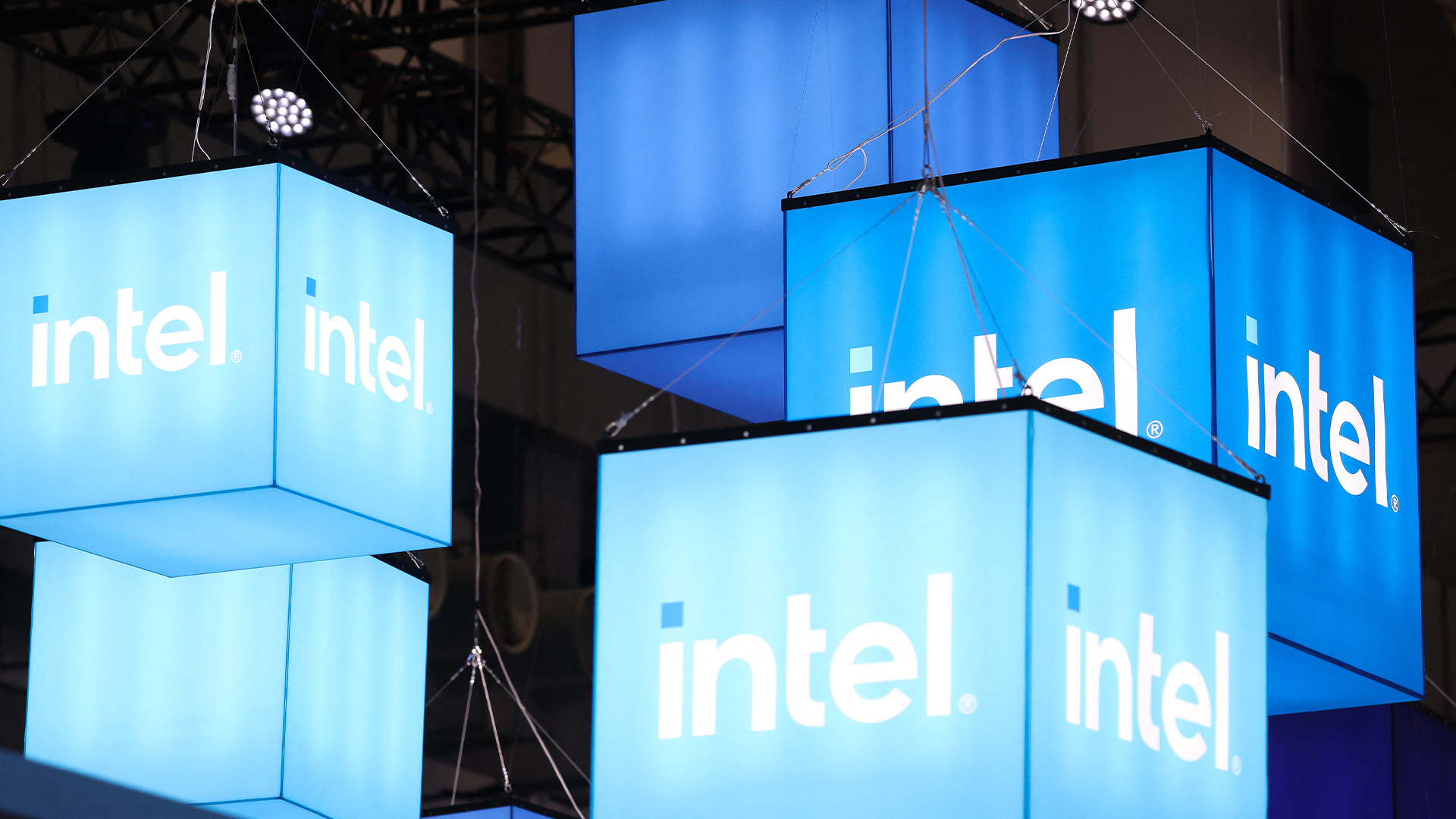 Intel layoffs to hit 15,000 roles as falling revenue and poor returns on AI bite
Intel layoffs to hit 15,000 roles as falling revenue and poor returns on AI biteNews CEO Pat Gelsinger announced news of the Intel layoffs following a recent earnings call
-
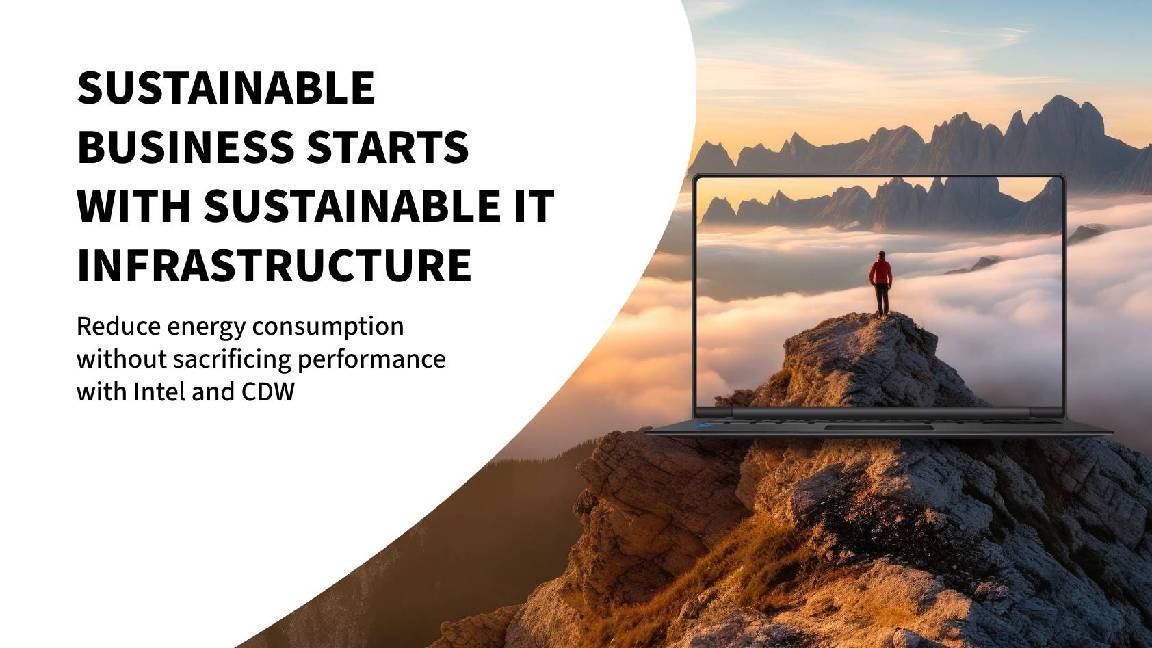 Sustainable business starts with sustainable IT infrastructure
Sustainable business starts with sustainable IT infrastructureWhitepaper Reduce energy consumption without sacrificing performance with Intel and CDW
-
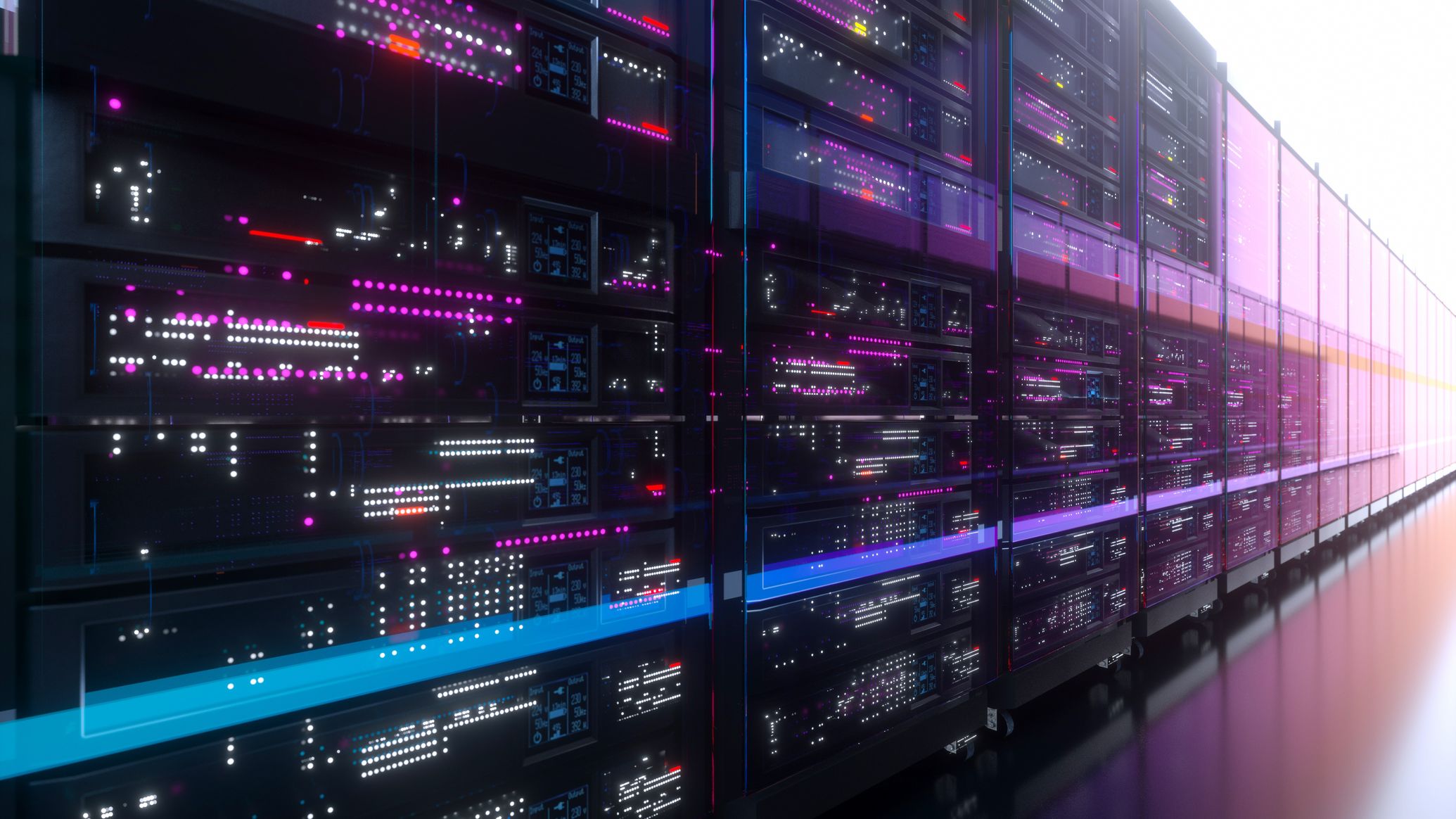 Winning the data-centric digital business in this decade
Winning the data-centric digital business in this decadeWhitepaper Discover more about Dell’s adaptive, secure, and resilient portfolio for the digital business and win in this data-centric era
-
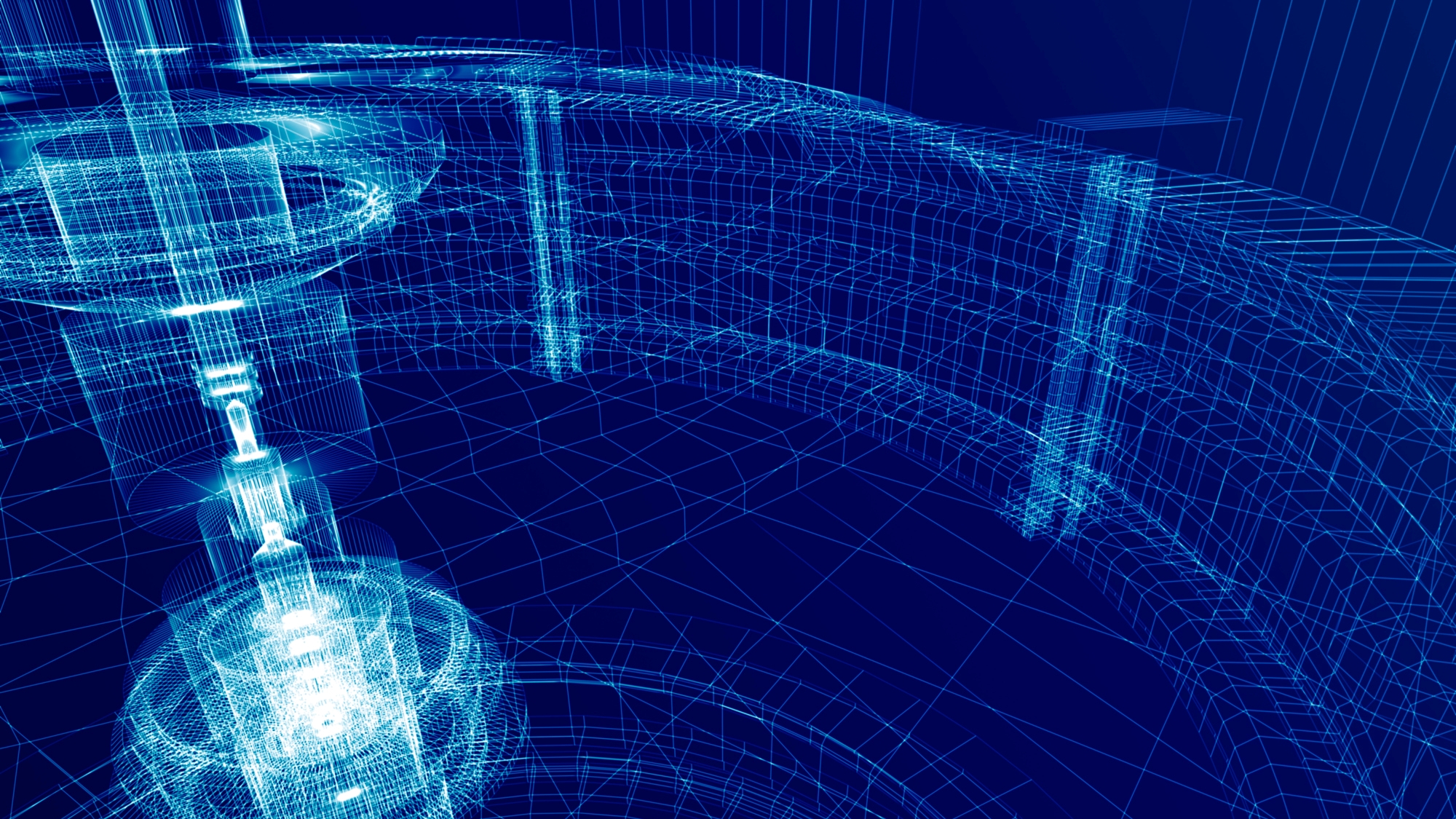 Intel and Dell secure deal to build a digital twin of a UK fusion power plant
Intel and Dell secure deal to build a digital twin of a UK fusion power plantNews The simulation will be critical for meeting the ambitious goal of delivering fusion energy to the UK’s energy network in the 2040s
-
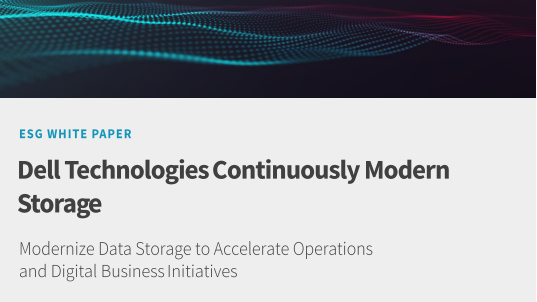 Continuously modernize storage
Continuously modernize storageWhitepaper Modernize data storage to accelerate operations and digital business initiatives
-
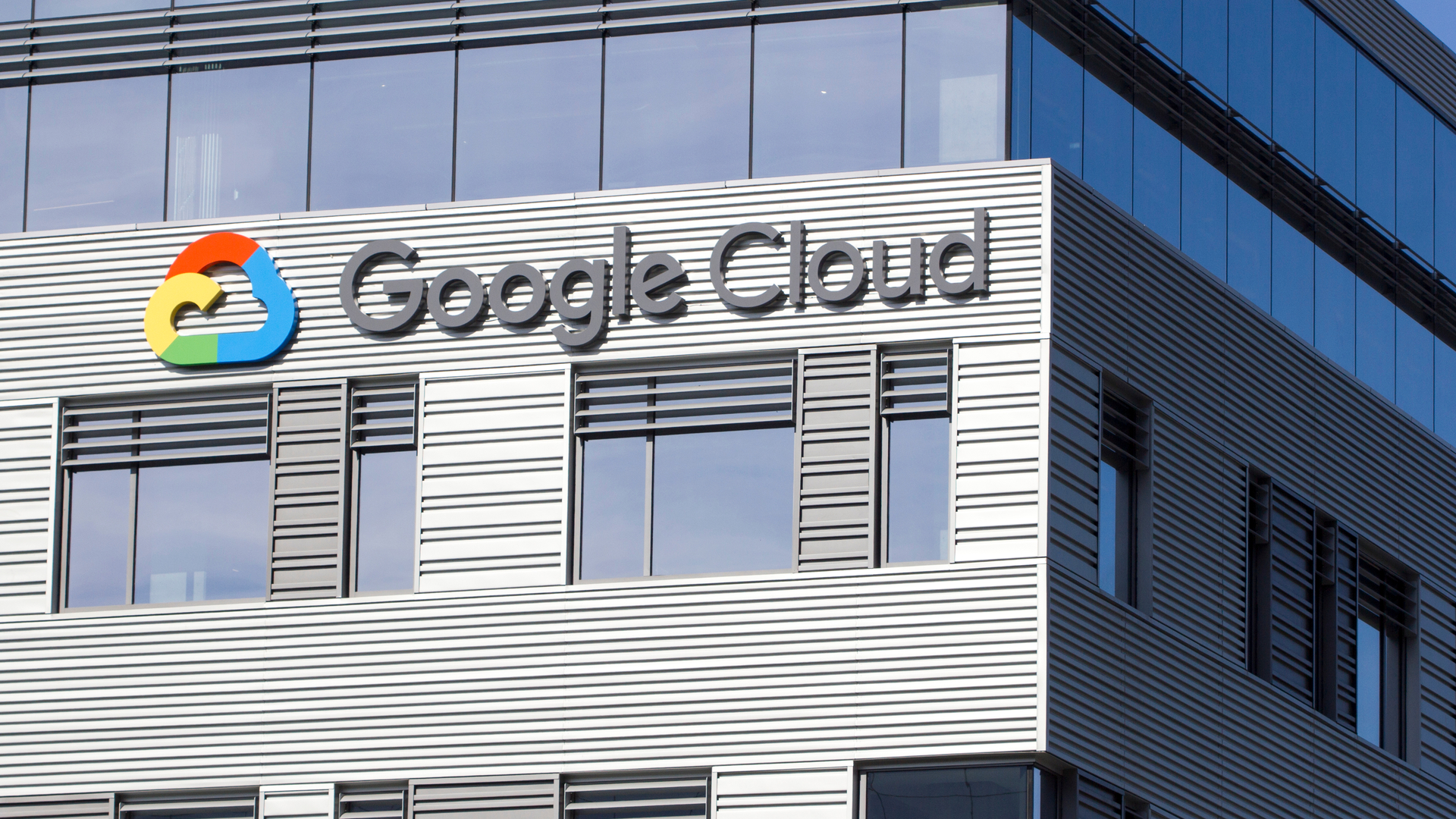 Google claims its AI chips are ‘faster, greener’ than Nvidia’s
Google claims its AI chips are ‘faster, greener’ than Nvidia’sNews Google's TPU has already been used to train AI and run data centres, but hasn't lined up against Nvidia's H100
-
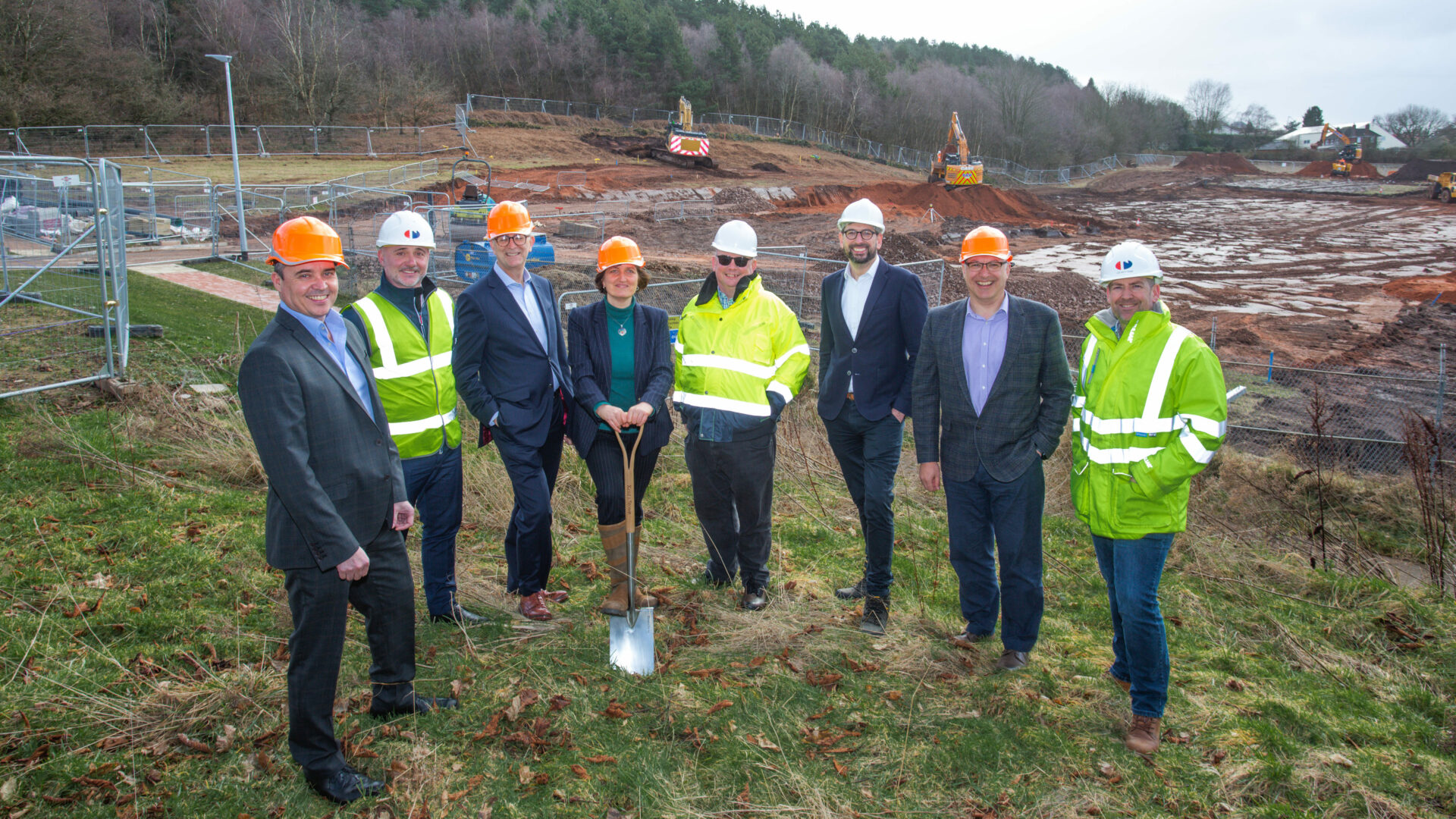 £30 million IBM-linked supercomputer centre coming to North West England
£30 million IBM-linked supercomputer centre coming to North West EnglandNews Once operational, the Hartree supercomputer will be available to businesses “of all sizes”


